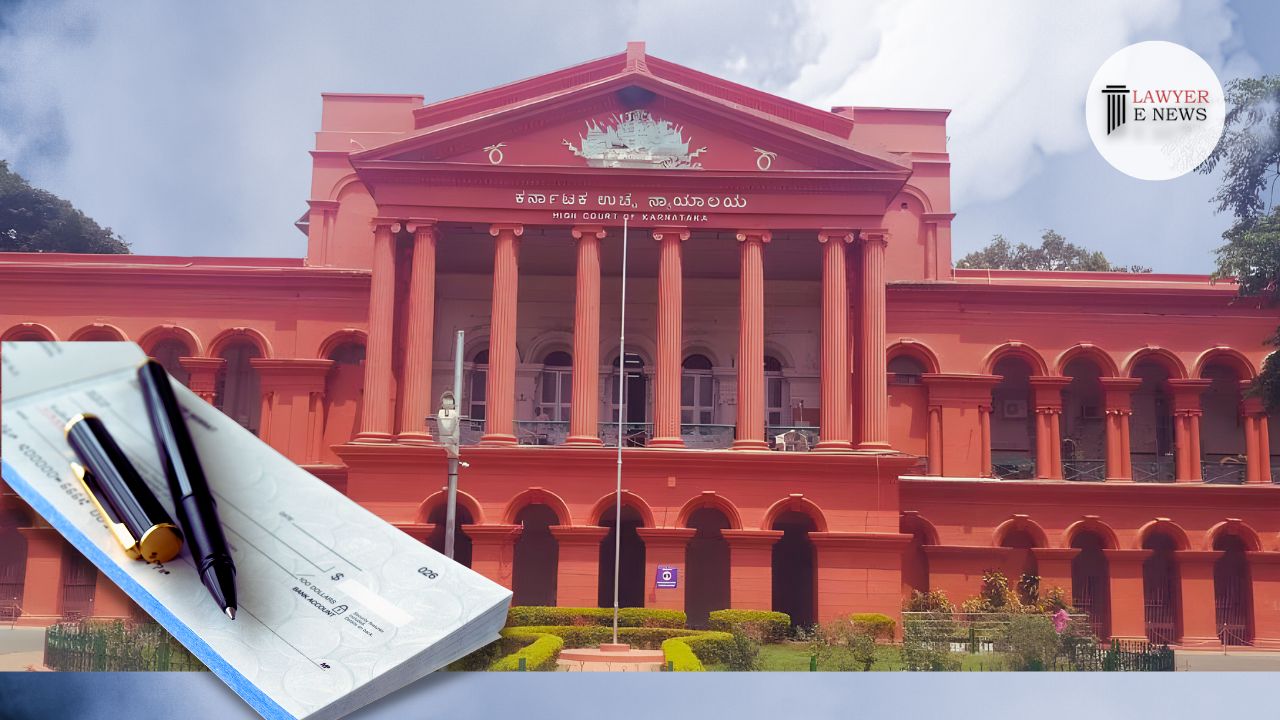-
by Admin
16 February 2026 1:47 PM



In a significant ruling, the Karnataka High Court has overturned the conviction of an accused in a cheque bounce case under Section 138 of the Negotiable Instruments Act. The case, registered as "CRL.RP NO.573 OF 2019," saw the accused being acquitted after the High Court found 'gross miscarriage of justice' in the decisions of the Trial Court and the Sessions Court.
The case revolved around a cheque of Rs.4,15,000, which was dishonoured with the endorsement "Payment Stopped." The complainant had alleged that this amount was a hand loan to the accused, a claim consistently denied by the accused, who contended that the cheque had been stolen by his sister.
In her judgment, the Hon'ble Ms. Justice J.M. Khazi noted the failure of the complainant to prove the signature on the cheque and questioned the financial capacity of the complainant to lend such an amount. The judgment emphasized, "It was incumbent upon the complainant to prove that the signature in the cheque is that of accused," highlighting the complainant's failure in this critical aspect.
Furthermore, the court observed that the complainant did not prove his financial capacity to lend Rs.4,15,000, stating, "The complainant has not only failed to prove that the subject cheque bears the signature of the accused and also that at the relevant point of time he had sufficient income to lend a sum of Rs.4,15,000/- to the accused."
The High Court's decision to set aside the lower courts' judgments reflects a critical reassessment of the evidence and circumstances surrounding the case. The accused was acquitted, and his bail bond was discharged. In a note of appreciation, the court acknowledged the valuable assistance rendered by the learned Amicus Curiae, fixing their fee at Rs.5,000/-, payable by the High Court Legal Services Committee.
DATED: 18 January, 2024
SRI H R SHESHADRI VS SRI U V NATARAJ
